
A business company that consists of one person can be the sole founder (participant or shareholder) of another LLC or JSC
More
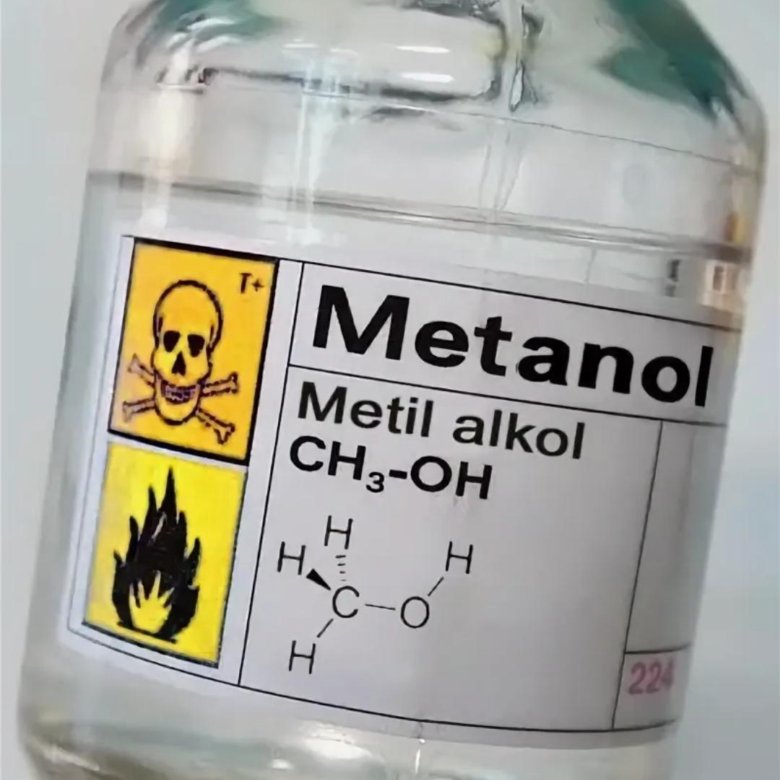
A register of companies and sole proprietors will appear, which, in particular, sell, use, and transport methanol and liquids with it. Retail sales will be completely banned. The innovations will not affect the turnover of gasoline and other liquids, the list of which will be approved by the government. Let's look at the main changes.
More

According to the amendment, an official will pay from 100,000 to 300,000 rubles for the imposition of additional goods, works or services, and a company will pay from 250,000 to 1 million rubles. Currently, fines range from 2,000 to 4,000 rubles for the former, and from 20,000 to 40,000 rubles for the latter.
More

Advertising distributors and advertising system operators engaged in the dissemination of advertisements on the Internet will be required to make contributions amounting to 3% of the revenue generated from the provision of related services. The government will establish criteria for classifying information as advertising when distributed on certain online resources, as well as the specifics of calculating and paying these contributions.
Exempt from mandatory contributions are, among others, website owners who broadcast television and/or radio channels, online media whose editorial offices or founders meet specific established criteria, and nationwide mandatory public television channels.
Additionally, the bill clarifies requirements for the distribution of social advertising and introduces additional requirements for advertising related to consumer credit (loans) due to increasing household debt. These requirements include a mandatory warning: "Review all credit (loan) terms" with a reference to a webpage detailing credit terms. If no such webpage exists, the advertisement must include all conditions affecting the total cost of the credit (loan), along with the warning: "Assess your financial capabilities and risks."
The government will define the criteria for classifying information as internet advertising. Roskomnadzor will oversee the collection of contributions, determining the amounts based on data provided by advertisers and distributors to the Unified System for Internet Advertising Accounting.
More

On February 5, 2025, the Federal Law No. 260-FZ of August 8, 2024, "On Amendments to Certain Legislative Acts of the Russian Federation," comes into force. This law introduces changes to Federal Law No. 115-FZ of July 25, 2002, "On the Legal Status of Foreign Citizens in the Russian Federation." These changes establish a new deportation regimefor foreign citizens and stateless persons who do not have the legal right to stay in Russia, as well as the introduction of a register of controlled persons. Key provisions of the deportation regime: Reduction of the permitted period of temporary stay for foreign citizens to 90 days per calendar year. Introduction of a deportation migration regime – restrictions on certain rights of illegally residing migrants and expanded control measures applied to them. Definition of rights and obligations of individuals subject to the deportation regime. Implementation of new control measures under the deportation regime. Imposition of specific restrictions on the rights and freedoms of foreign citizens. New powers granted to law enforcement officers in the application of the deportation regime. These measures aim to prevent illegal migration and reduce the risk of unlawful activities by foreigners in Russia.
More

To purchase a house, part of a house, or a townhouse with maternity capital, a certificate confirming its suitability for living will be required. These changes to the law on family support were adopted by the State Duma on December 12.
Federal Law No. 495-FZ of December 26, 2024, "On Amending Article 8 of the Federal Law 'On Additional Measures of State Support for Families with Children'" establishes that an application for the use of maternity capital funds may be denied if there is no conclusion confirming that the residential property, including a house or a townhouse, meets the requirements for residential premises and is suitable for living.
These provisions do not apply to individuals who submitted applications to the Social Fund of Russia (SFR) before the law came into effect. The Federal Law comes into force on January 1, 2025.
Maternity capital holders often use state support to purchase residential houses. However, in some cases, these houses turn out to be unfit for living, as noted in the explanatory note to the bill. The changes are intended to reduce the number of cases where certificate holders are deceived or where funds are illegally withdrawn through fraudulent schemes.
More

To reflect a lease agreement or an assignment of claims agreement in the Unified State Register of Real Estate (EGRN), individuals and organizations now have to pay twice as much as before. Fees for legally significant actions involving enterprises as property complexes have also increased significantly. Here are the key aspects:
State registration of a lease agreement or an assignment of claims agreement: Individuals: 4,000 rubles (previously 2,000 rubles). Organizations: 44,000 rubles (previously 22,000 rubles). Registration of an amendment or termination agreement recorded in the EGRN: Individuals: 700 rubles (previously 350 rubles). Companies: 2,000 rubles (previously 1,000 rubles). Cadastral registration of an enterprise and state registration of rights to it: The fee is now 0.2% of the asset value (including property and rights within the enterprise), capped at 1 million rubles. The asset value is determined as of the date of the application for these actions. Transfer of ownership rights: The minimum state fee is 0.2% of the transaction amount. Previously, the fee was 0.1% of the asset value, capped at 60,000 rubles. State registration of real estate transactions (excluding enterprises) for real estate investment funds (PIFs): 44,000 rubles for properties with no determined cadastral value or a cadastral value of up to 22 million rubles. If the cadastral value exceeds 22 million rubles at the time of registration, the fee is 0.2% of the value, but no more than 1 million rubles. In the case of ownership transfer, the minimum fee remains 0.2% of the transaction amount.
More

President of the Russian Federation Vladimir Putin has signed a law introducing changes to the tax system. The key innovation is a five-tier progressive personal income tax scale with a maximum rate of 22%. Starting in 2025, the following tax rates will apply based on annual income: 13% for income up to 2.4 million rubles per year (equivalent to an average of up to 200,000 rubles per month). 15% for the portion of income above 2.4 million rubles and up to 5 million rubles per year (averaging above 200,000 rubles and up to 416,700 rubles per month). 18% for the portion of income above 5 million rubles and up to 20 million rubles per year (averaging above 416,700 rubles and up to 1.67 million rubles per month). 20% for the portion of income above 20 million rubles and up to 50 million rubles per year (averaging above 1.67 million rubles and up to 4.17 million rubles per month). 22% for the portion of income exceeding 50 million rubles per year (above 4.17 million rubles per month). It is important to note that the higher tax rate applies only to the portion of income exceeding each threshold, rather than the entire income. For example, if an individual earns 6 million rubles per year (or 500,000 rubles per month), the tax rates will be applied as follows: From January to April, when the annual income reaches 2.4 million rubles, the tax rate is 13%. From May to October, when the income reaches 5 million rubles, the rate increases to 15%. From November to December, when the income falls within the 5–20 million ruble range, the rate is 18%. The tax rate for self-employed individuals will remain unchanged at 4% for income from individuals (without sole proprietorship status) and 6% for income from businesses and individual entrepreneurs, with an annual limit of 2.4 million rubles. Until the end of 2024, Russia will continue to use a two-tier personal income tax scale: 13% for income up to 5 million rubles per year and 15% for any amount exceeding that threshold.
More

The amendments aim to prevent potential abuses by recipients, particularly in cases where the donor belongs to socially vulnerable groups. Initially, the bill did not apply to donations between close relatives, but this exception was removed in the final version. The notary must ensure that both the donor and the recipient are acting voluntarily, verify the parties' legal capacity, check for encumbrances on the property, and clarify other legal aspects of the transaction. Additionally, the notary is responsible for explaining the consequences of entering into a donation agreement.
After notarization, the notary will electronically submit the documents to Rosreestr to register the transfer of ownership rights. The registration process will take 24 hours.
The new rules are designed to minimize the risks of fraudulent activities. Previously, a donation agreement for an apartment, a room, or any other real estate could be submitted for state registration in a simple written form. However, under the new regulations, such transactions—regardless of whether they involve close relatives, spouses, or unrelated parties—must now be notarized.
More
![The approach to licensing the retail sale of alcohol will change – the amendments were adopted in the first reading]()
The State Duma considered in the first reading two draft laws on licensing the retail sale of alcohol. The first one changes the rules for paying the state fee for obtaining (extending) a permit, the second one concerns the procedure for its suspension and cancellation.
To obtain or extend a license, you will need to pay 20 thousand rubles per calendar year for each object of trade or catering. The document will have to be reissued and the state duty will be paid again in the same amount if another place of sale of alcohol appears.
Now the payment does not depend on the number of points of sale of the organization. It is 65 thousand rubles.
It is planned to suspend or revoke licenses for individual facilities where a violation has been detected. Now the licensee is deprived of the right to sell alcohol at all points included in the permit, even if the violation is recorded in only one of them.
More

For non-compliance with the requirements for the maintenance of pets, they want to punish with a warning or fines. Citizens will have to pay from 500 to 1000 rubles, sole proprietors – from 3000 to 5000 rubles. For repeated violations, they will be punished more severely: citizens will be fined from 1,500 to 3,000 rubles, sole proprietors – from 5,000 to 10,000 rubles.
It is planned that the changes will come into force 10 calendar days after the publication of the law.
More

With the help of the new service, it will be possible to find out whether a company or an individual entrepreneur is at a high level of risk on the "Know your Customer" platform. Organizations will be able to check both their risk category for suspicious transactions and counterparties.
Recall that now, through the platform, banks receive information from the Central Bank of the Russian Federation on what level of danger their customers have been classified in terms of anti-laundering legislation. Credit institutions make the final assessment of good faith themselves. If a client is in a high-risk area, banks, in particular, limit the disposal of money on his accounts.
More
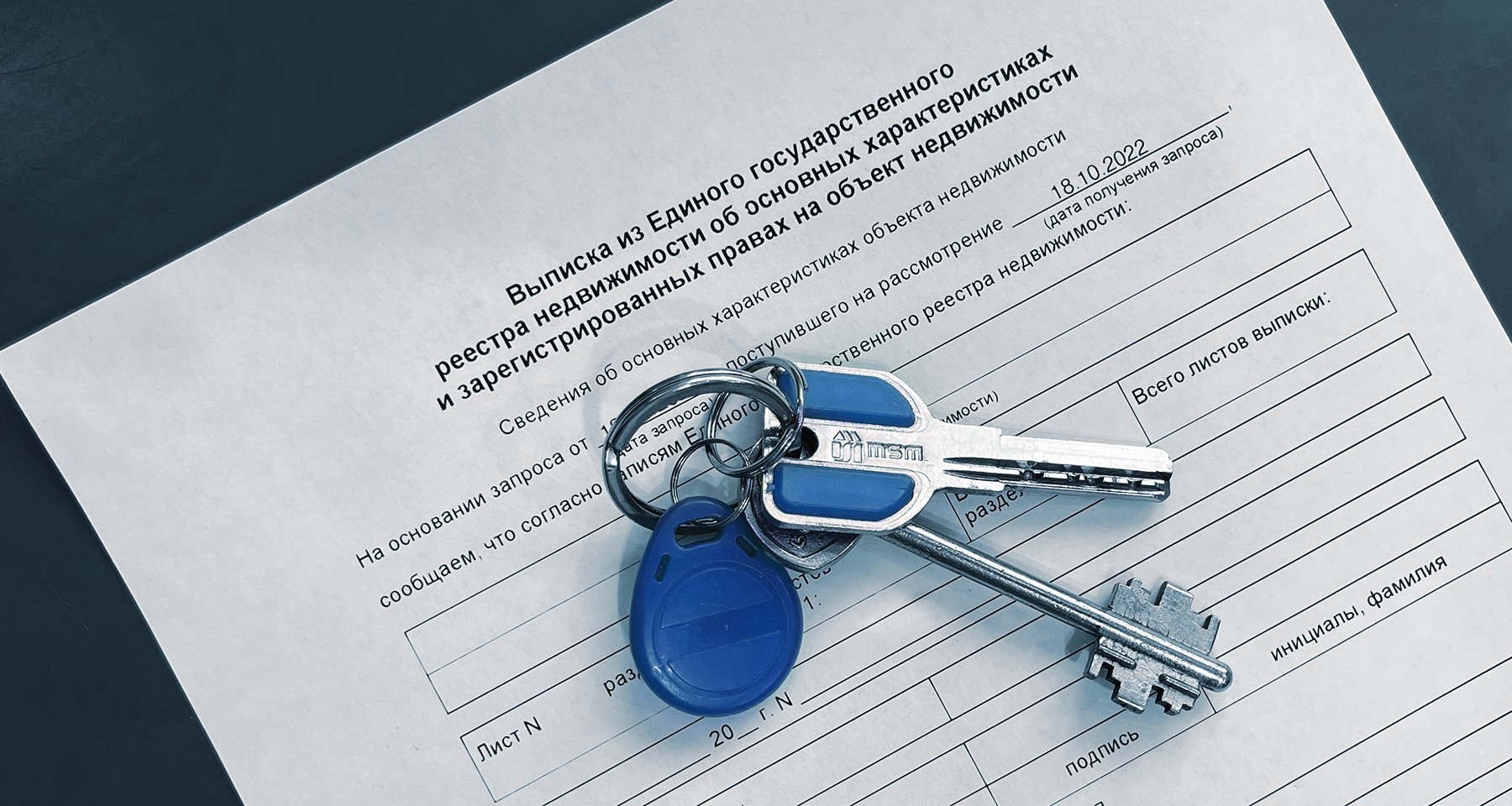
Starting from January 1, 2025, they want to change the tariffs for providing information from the Unified State Register of Legal Entities, including by providing access to the Unified State Register of Legal Entities.
Legal entities will have to pay, in particular, for an electronic statement about a real estate object 1,400 rubles instead of 700 rubles, for the transfer of rights to an object – 1,160 rubles, not 580 rubles. The fee for similar paper statements will be increased by 2 times.
Tariffs will also significantly increase for the creation of an electronic document with information from the register using the Federal State Registration Service. If a company, for example, plans to receive up to 1,000 statements per year, it will pay 232 thousand rubles instead of 3,650 rubles, and if no more than 10 thousand documents – 1,740,000 rubles. Now, in the latter case, they pay 18,240 rubles.
There are other innovations. The public discussion of the project will be completed on October 4.
More
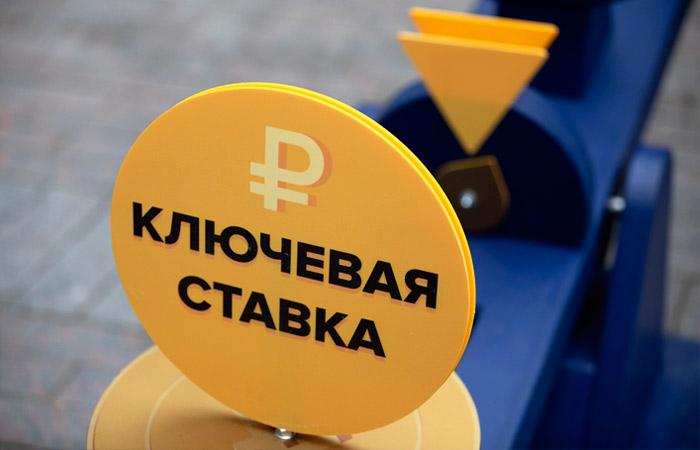
Since July 29, the indicator has been 18%, which is 200 bps higher than the previous value. This is the first rate increase since the beginning of the year.
The next meeting of the regulator is on September 13, 2024.
It is worth noting that the Central Bank of the Russian Federation has raised its inflation forecast for 2024 to 6.5 - 7.0%. By the end of the year, the key rate is planned at the level of 18.0 - 19.4%.
More

The Agency has developed a draft on the confiscation of goods and products subject to mandatory labeling in such cases:
information on them was not provided to the Honest Sign system;
the procedure and deadlines for their submission were violated;
incomplete, incorrect data was transmitted.
The withdrawal can be assigned along with a fine.
Now a warning or fine is threatened for such violations: for legal entities – from 50 thousand to 100 thousand rubles, and for sole proprietors – from 1 thousand to 10 thousand rubles.
More
![The updated procedure for the inspection of self-propelled vehicles will enter into force on September 1, 2024]()
The Government has amended the rules for the inspection of self-propelled vehicles and other types of equipment. We changed the application form, clarified the ways of submitting it, determined the terms of the service, etc.
Legal entities and sole proprietors will be able to apply for a technical inspection through the federal or regional portal of public services, as well as contact the MFC.
Gostekhnadzor authorities will conduct a technical inspection within 10 working days from the date of registration of the application. The procedure will be suspended for no more than 30 calendar days from the day following when the grounds for this are established.
The inspection certificate will be issued no later than 2 working days from the date of the inspection. If the service is refused, it will be notified within the same period from the date of signing the refusal. This period is included in the mentioned 10-day period.
At the request of the applicant, the certificate or inspection certificate will be sent through the federal or regional portal of public services.
More
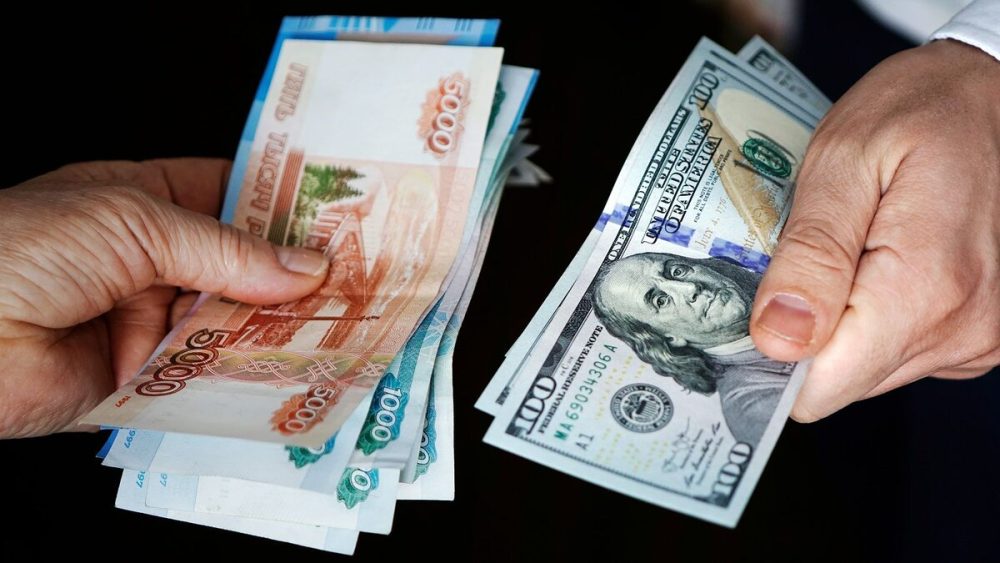
The parties have concluded an agreement under which the currency of the debt and payment is euro. The arbitration court, at the request of one counterparty, collected a penalty from the other in the same currency, converted into rubles on the date of payment. Later, the claimant applied for the indexation of the awarded money – three instances met halfway.
The Supreme Court of the Russian Federation noted:
The rules for calculating indexing are needed to determine the inflation of the ruble. In this regard, they are used if a ruble amount is collected;
since the parties agreed on the foreign currency of the debt and payment, they realized in advance the right to compensation for losses due to ruble inflation and assumed the risk of fluctuations in its exchange rate;
a change in the ruble exchange rate (in comparison with the chosen currency) during the period of non-execution of the judicial act does not deprive the creditor of compensation for losses;
the court's decision to collect a penalty in foreign currency at the exchange rate of the Central Bank of the Russian Federation on the date of payment and so assumes fair compensation.
The Supreme Court overturned the acts of three instances and refused to index them.
More
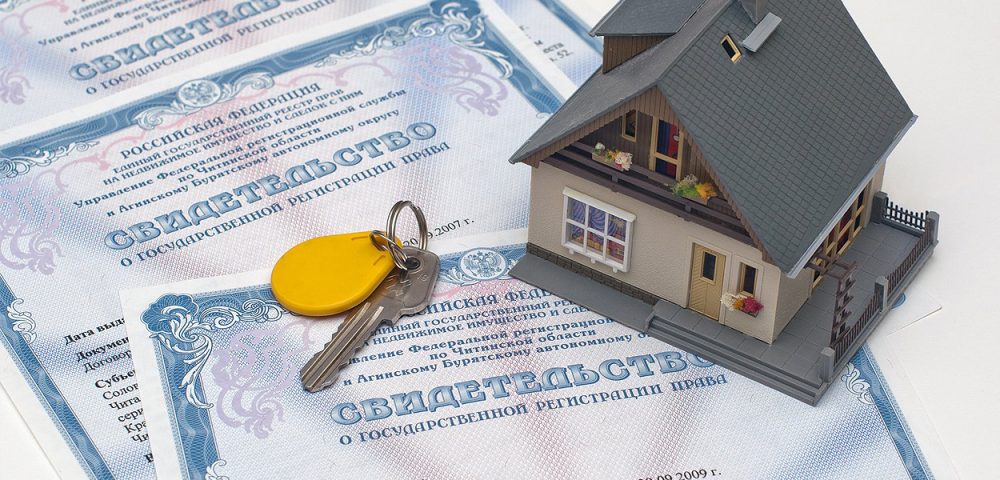
From January 1, 2026, they want to introduce the right to challenge the decision to suspend state registration out of court without simultaneous cadastral registration. At the same time, the opportunity to go to court will be preserved (p. 5 and 18 of the draft).
It will be possible to appeal the decision out of court (p. 5 and 6 of the draft):
to the central appeals commission of Rosreestr, in particular, if it was he who notified of the suspension;
regional or interregional commission, if the notification came from the territorial body of the department.
The list of commissions is posted on the Rosreestr website. A complaint will be filed within 15 working days from the date of suspension. Methods of treatment (p. 9 of the draft):
in writing in person or by mail with an inventory of the attachment and a notification of delivery;
in electronic form, for example, through Public Services.
The meetings will be face-to-face or remote (p. 11 of the draft).
The Commission will make a decision no later than 15 working days from the date of receipt of the application. If satisfied, the decision will become the basis for canceling the suspension and for reconsidering the request to register real estate rights (p. 14 and 15 of the draft).
There are other innovations.
Now, in some cases, the suspension of cadastral registration can be challenged out of court:
without simultaneous registration of rights;
together with the registration of rights, if the reason for the "pause" was the documents for registration.
For the time being, only the judicial procedure is in force to appeal against the suspension of state registration of rights without simultaneous cadastral registration.
More
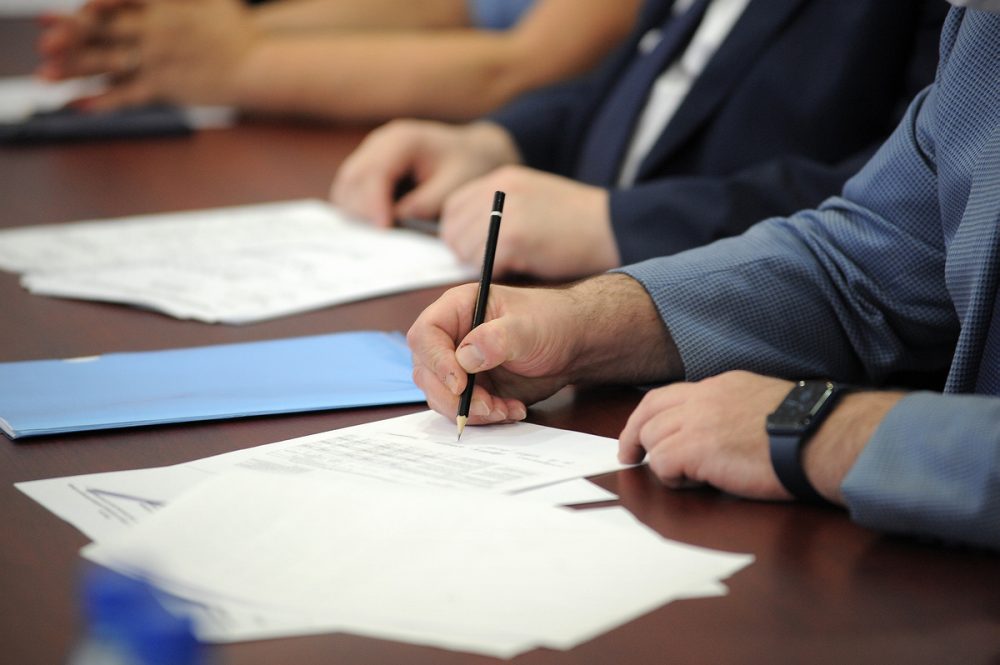
Unscheduled control (supervisory) measures and inspections, in coordination with the prosecutor's office, are proposed to be carried out if the legal entity or sole proprietor did not notify the inspectors about the start of doing business, although they were obliged to do so (paragraph "a" of paragraph 1 of the draft amendments).
Approval will not be required (subclause "b" of clause 1 of the draft amendments):
for unscheduled inspections (events), if the inspectors received information from the federal security agencies about a threat or harm to the country's defense, terrorist attacks, etc.;
unscheduled documentary inspections within the framework of federal control over the use of CCT.
Recall that by the end of 2024, unscheduled inspections (events) are carried out only on a certain list of grounds.
In addition, until 2030, it will be allowed to issue prescriptions based on the results of contactless control measures. This will be possible, among other things, when monitoring compliance with requirements in the field of communications, personal data processing, and the use of CCT (paragraphs "a" and "b" of paragraph 3 of the draft amendments).
Currently, it is impossible to issue an order based on the results of events without interaction with a controlled person, except in two cases.
There are other innovations.
The public discussion of the project will be completed on July 19.
More
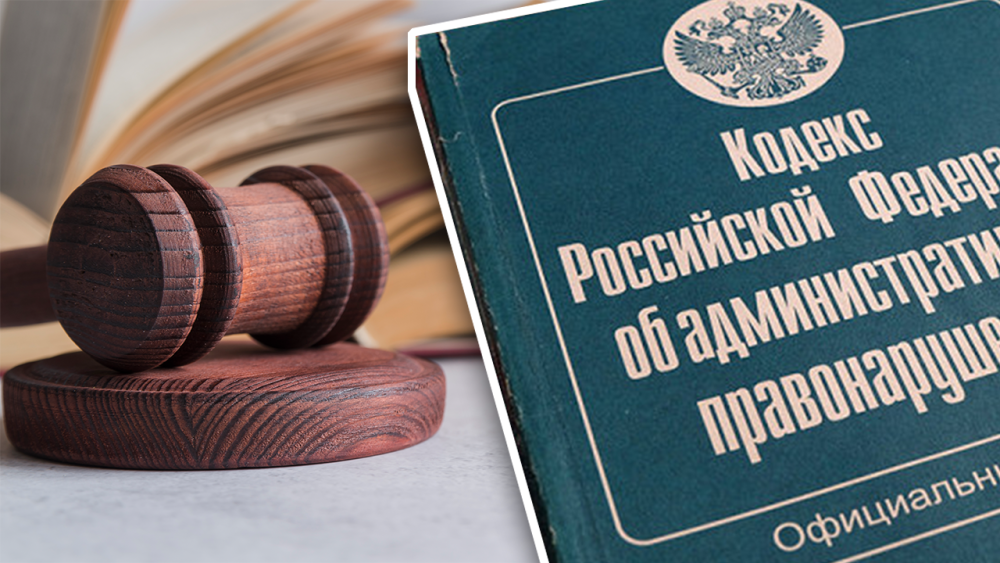
The police will no longer issue reports on non-compliance or gross non-compliance with the requirements and conditions of a license or other permit. This will not affect these violations in the field of road safety.
Also, the drafting of protocols, in particular,
on unauthorized occupation of a land or forest plot, will be excluded from the competence of the police;
on non-compliance with legislation on the protection of cultural heritage sites;
about the concealment or distortion of environmental information;
on the illegal use of means of individualization of goods, works or services;
on the production or turnover of ethyl alcohol, alcoholic and alcohol-containing products in violation of licensing requirements.
The amendments will eliminate the duplication of powers of the police and other government agencies, which will reduce the administrative burden on businesses.
There are other innovations.
The amendments will come into force 90 calendar days after the publication of the law.
More
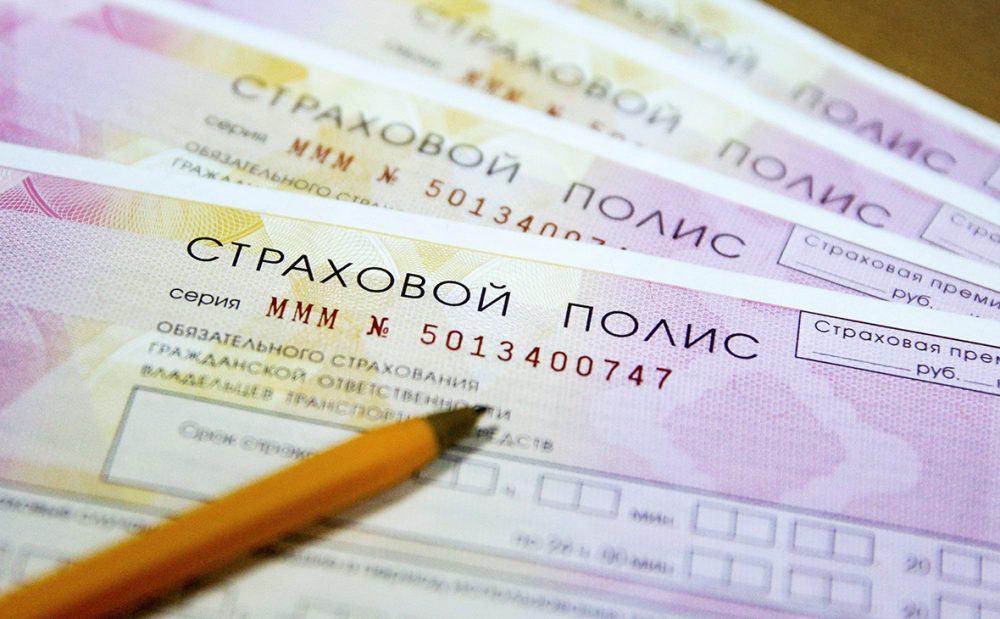
The service station refused to repair the passenger vehicle. The insurance company paid him money without the consent of the victim. He applied for an additional payment that would reimburse the repair costs (excluding wear and tear) and other losses. The insurer has not fulfilled the requirement.
The court imposed a fine on the insurance company for not satisfying the individual's claims voluntarily. The appeal did not agree: according to the CTP Law, no fine is levied for causing losses. The cassation supported her.
The Supreme Court of the Russian Federation applied the norm of the Civil Code of the Russian Federation on the fulfillment of obligations at the expense of the debtor. In this case, in addition to the costs and other losses of the victim, the court must also collect a fine. The calculation should be based not on the amount of losses, but on the amount of compensation that the insurer has not paid.
The Supreme Court of the Russian Federation has already expressed a similar position.
The case has been sent to appeal for a new hearing.
More

Since July 1, an experiment has been launched on labeling certain types of pyrotechnics, fire extinguishing and fire safety equipment, products for civil defense and emergency protection. It will last until February 28, 2025 inclusive. Participation is voluntary.
Manufacturers, importers and sellers of goods from the list can join the experiment. It includes:
pyrotechnics for household purposes of an entertaining nature of classes I, II, III;
fire extinguishers, compositions and charges for them;
fire detectors and annunciators;
uninterruptible power supply sources for technical equipment of fire automation systems;
reception and control devices and fire control devices, as well as other devices for expanding the functions of the device;
remote display devices and terminal warning devices;
devices for checking and monitoring the operability of the loop;
fire notification transmission systems;
remote start devices.
You can learn how to apply for participation, register in the Honest Sign system, and what information to enter into it from the methodological recommendations. The Ministry of Industry and Trade must approve them by August 20.
Marking codes will be provided for the period of the experiment free of charge.
More
























